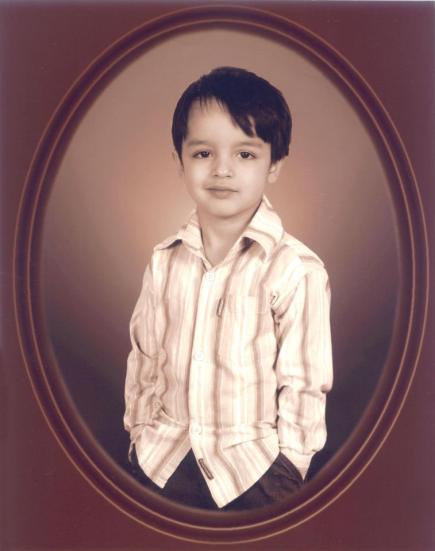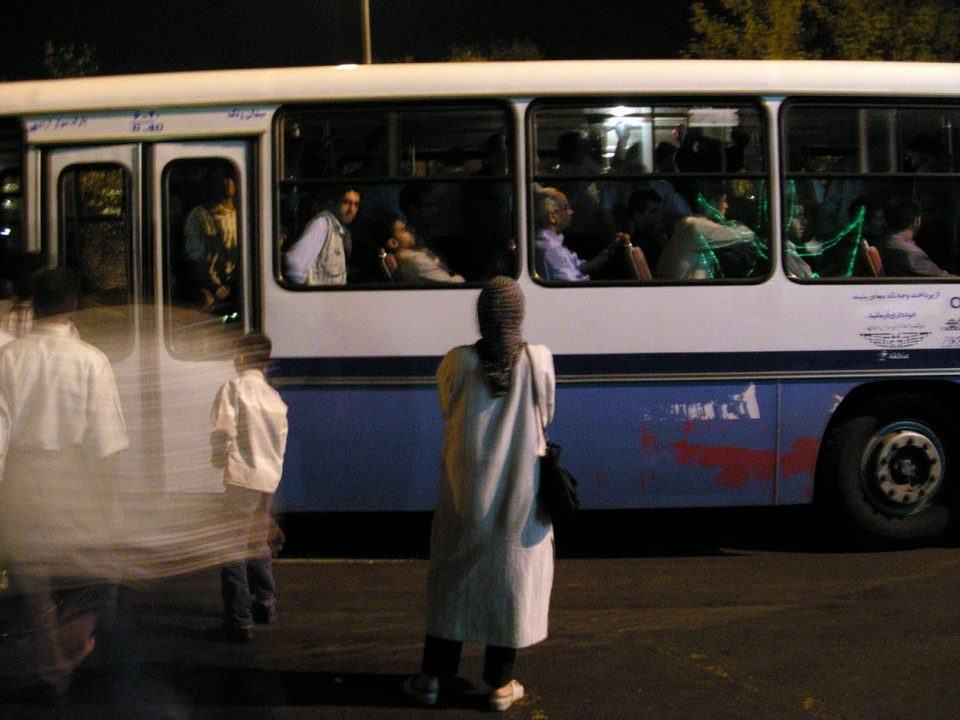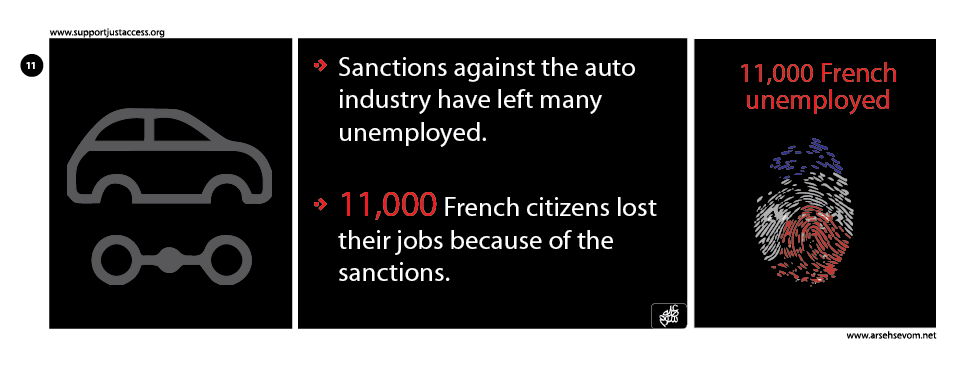
#Iran–Negotiations, Prisoners of Rights, and More
February 19, 2014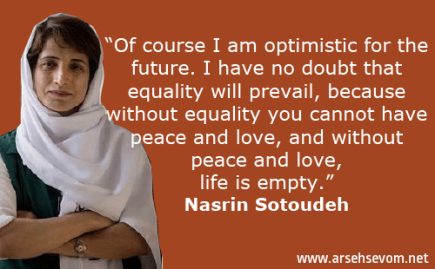
Nasrin Sotoudeh: Equality Will Prevail
March 19, 2014Arseh Sevom–Women’s day passes us by and we can look forward to another 364 days dominated by men. Award winning reporter Naeimeh Doustdar wrote for Arseh Sevom: “I know I should be a feminist and am a feminist, yet I wonder why others, men and women, are not. Discrimination is complex, and the struggle is complex. The ideals of feminism are not simply for the benefit of women…” [fa] This week’s review paints a picture of a society struggling with difficult issues: rights, abuse, corruption, and poverty.
by Peyman Majidzadeh with contributions from Arseh Sevom staff
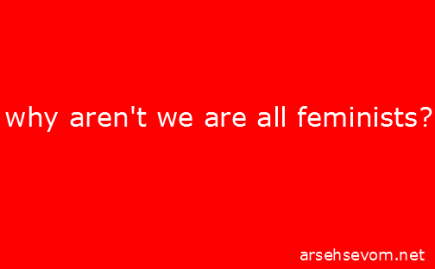
Women’s Day once again passed with a number of Iranian women imprisoned for advocating for or exercising their rights. In “The Day I Became a Feminist,” [fa] a number of men spoke with Arseh Sevom about their experience as feminists. Award winning human rights lawyer Nassrin Sotoudeh spoke to Arseh Sevom about her dreams, her work, and her family [fa].
The most recent round of Iran’s nuclear talks was held in February in Vienna. U.S. Foreign Minister John Kerry said at AIPAC meeting on March 3 that the United States has three conditions [fa] for signing the final document:
– No nuclear weapons for Iran in the future
– Pursuing peaceful goals by Iran
– Full transparency from Iranian side
According to a recent report [en], a Washington think tank is pressing the U.S. Senate to increase funding for the IAEA in fiscal year 2015, which ensures “full and robust international inspections in order to maintain pressure on Iran.” Official documents [en] indicate that Washington provided over 40% of the agency’s budget in 2014. Recently, President Rouhani asked Islamic Revolutionary Guards Corps (IRGC) to back off on anti-US tough talk [en], saying:
It is very important to formulate one’s sentences and speeches in a way that is not construed as threat, intention to strike a blow.
Rouhani knows that, although some analysts believe the Guards are “cautiously open” to a nuclear agreement [en], the IRGC’s positioning might yet lead to major misunderstandings. Readjusting the position is necessary, but not sufficient. What Iran is missing in its negotiations, some experts believe, is the help of experts on sanctions who are outside government circles to provide insight on how the negotiated terms would play out in practice.
In fear of secondary sanctions imposed by the United States a number of organizations are keeping up the pressure on Iran. Some banks have stopped providing services to Iranian citizens. The Bank of Hawaii, among others, has closed accounts belonging to Iranian nationals [en] irrespective of their place of residence.
The Foreign and Commonwealth Office (FCO) in the UK recently launched a consultation into “contract sanctions” [en]. The new sanctions mechanism is an attempt to prevent British courts from enforcing contracts signed with “targeted regimes.” The objective is to
“increase the pressure on repressive regimes or countries engaged in proliferation of nuclear technology and extend the scope of traditional sanctions, to provide disincentives to the private sector outside the EU from doing business with targeted regimes.”
Bypassing sanctions and has led to significant profiteering by individuals and groups inside Iran. During his domestic travels Rouhani brought up the staggering corruption in Babak Zanjani’s case [fa], which is now estimated at 9000 billion tomans (nearly 3 billion dollars).
Iran is still trying to make new ties with the international community. Iranian Deputy Foreign Minister Majid Takht-Ravanchi said that Iran and UK had reestablished diplomatic ties [en]. In another report, Iranian Minister of Industry, Mine and Trade Mohammad Reza Nemat Zadeh said that Iran is ready to conduct more business with Germany [en]. The circle of new business interactions also includes the United States. U.S pharmaceutical giant Merck Sharp & Dohme (MSD) signed a contract for the licensed production of medicine in Iran [en], which is a good step forward especially after Iran’s medicine crisis.
One of the international events attracting the attention of Iranianswas the recent development in Ukraine [en]. While Iran’s state media backs former president Viktor Yanukovych, reformist press and netizens are mostly happy with his ouster. Some Iranian netizens even went one step further and saw basic similarities between Iran and Ukraine. One of them tweeted [fa]:
اصن چرا اوکراین برای ما اینقدر مهمه ؟ دلیلش اینه که بافت سیاسی و ساختار توده های اکراین خیلی شبیه ایرانه
— کلیشه (@Kelishe) March 4, 2014
Why is Ukraine so important for us? Because the political context and civil structure are similar to those in Iran.
The twitter user may be referencing the February 22 release of Yulia Tymoshenko, the imprisoned leader of Ukraine’s 2004 Orange Revolution, while Iranians demand freedom of their own Green Movement leaders who remain under house arrest.
Last time we reported on the International Monetary Fund’s (IMF) assessment on Iran’s economic situation. Two leading American newspapers, New York Times and Wall Street Journal, drew different sets of conclusions [en] from the report: one positive and the other negative. Regardless of the US press’s conclusions, Iran’s economic situation does not seem promising at least in the short run. Some media outlets reported a 15% increase in the budget for the Imam Khomeini Relief Foundation in the upcoming year. This might suggest the growth of poverty inside the country, since the foundation was established with the objective of helping the poor.
A number of economists are criticizing Rouhani’s economic plans, particularly the food distribution plan. Djavad Salehi-Isfahani, a professor of economics at Virginia Tech, expressed concerns that implementing such programs [en] will lead to increasing populism as witnessed under the administration of Mahmoud Ahmadinaejad. The economist hopes the Iranian government will transform such plans into more effective anti-poverty programs.
Iranians were shocked by reports of child sexual abuse in their soccer schools [fa]. A twitter user covering the report calling it “unbelievable” [fa]. Although the case is not new, it is so sensitive that almost no one has talked about it in recent years. However, Masoud Shojaei, a player of Iranian National Soccer Team, broke the silence this week, speaking about the subject on the popular TV show “90” [fa].
Last time we reported on birth of the reformist newspaper Aseman Daily. Unfortunately, the daily did not live long. Iranian officials shut down Aseman Daily [en] once again demonstrating their intolerance for dissenting voices. The official reason for the shut-down is an article which described Islamic “qesas” (retribution laws often resulting in executions) as “inhumane.” A report published by Iran-Emrooz provides an overview of the work of newspapers [fa] since Rouhani took the office. According to the report, four other newspapers were shut down before Aseman.
United for Iran, a team of experts and activists who advocate for an end to human rights violations and support the movement for democracy in Iran, launched the Political Prisoners Database [en]. The database contains information on all Iranian political prisoners and their current situation, which can be very helpful for groups and organizations that are trying to help them. The report also means a lot to the families of the political prisoners in reassuring them that their dear ones are not forgotten. Interesting patterns have emerged, such as the high percentage of prisoners of rights who are from ethnic minorities.
Unlock Iran, a campaign launched by the Iran Human Rights Documentation Center, attracted attention from celebrities. Academy Award winner Susan Sarandon tweeted:
What do this power couple, lawyer, scientist & activist have in common? #UnlockIran http://t.co/GPdAMJFWQA
— Susan Sarandon (@SusanSarandon) March 4, 2014


